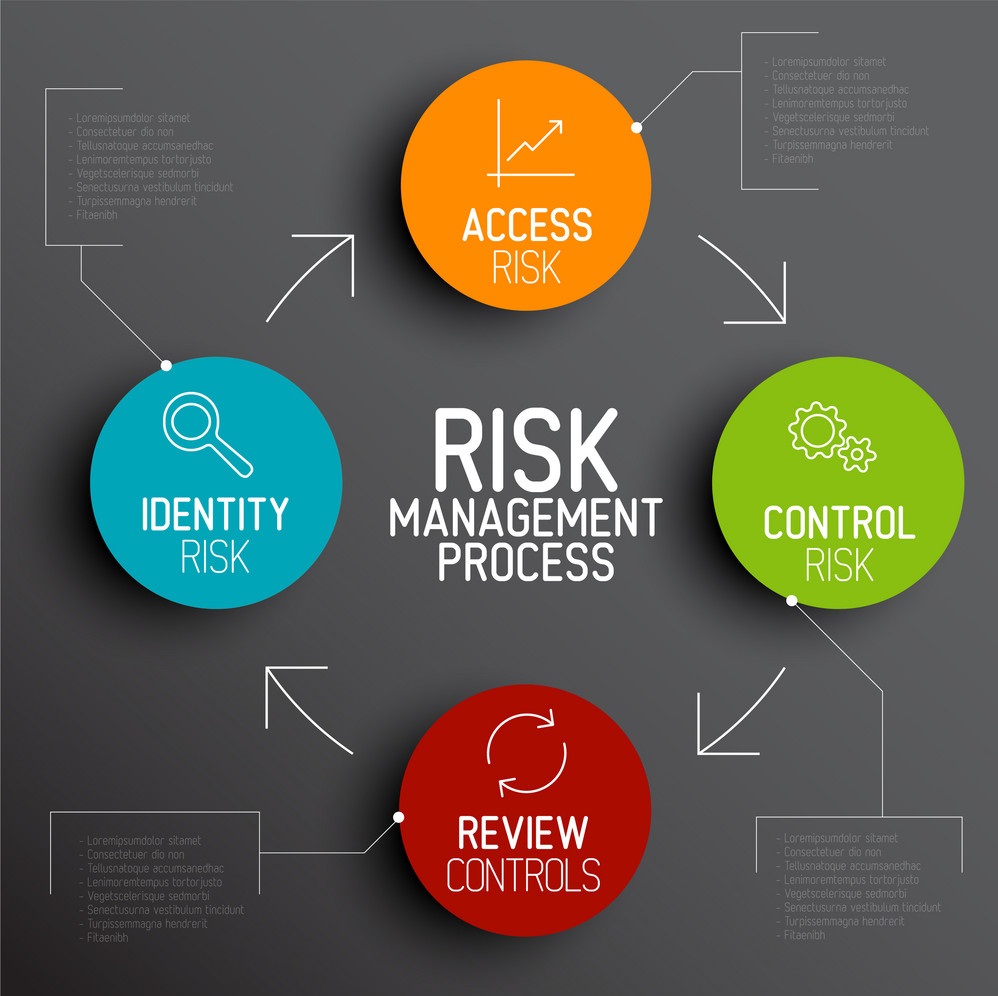The process of identifying, assessing, and attempting to control threats to an institution’s capital and earnings is known as risk management. These dangers arise from a variety of sources, including financial uncertainty, legal liabilities, technological issues, strategy formulation errors, accidents, and natural disasters. A effective risk management program assists an organization in considering all of the risks it faces. Risk management policies also examines the connection between risks and the potential consequences for an organization’s strategic goals.

How risk management policies affecting business?
Because of its increasing focus on predicting and comprehension risk across an organization, this holistic approach to risk management is sometimes referred to as enterprise risk management. Enterprise risk management (erm), security policy template emphasizes the importance of handling positive risk in addition to focusing on internal and external threats.
Positive risk management policies are opportunities that, if not taken, can either increase business value or harm an organization. Indeed, the goal of any risk management program is not to eliminate all risk, but rather to preserve and add value to the enterprise by making prudent risk decisions. As a result, a risk management program should be integrated into organizational strategy. To connect them, risk management leaders must first define the organization’s risk appetite, or the amount of risk it is willing to accept in order to achieve its goals.
Every organization faces the risk of unanticipated, negative events that can cost money or force it to close. Untaken risks can also spell trouble, as companies disrupted by born-digital powerhouses like amazon and netflix can attest.
Risk management never been more essential than it is right now. The risks that modern organizations face have become more complex as globalization has accelerated. New risks emerge on a regular basis, many of which are related to or generated by the now-ubiquitous use of digital technology.
Companies and their board of directors are reevaluating their risk management program as the world continues to grapple with covid-19. They are reevaluating their exposure to risk and investigating risk processes. They’re thinking about who should be engaged in risk management.
